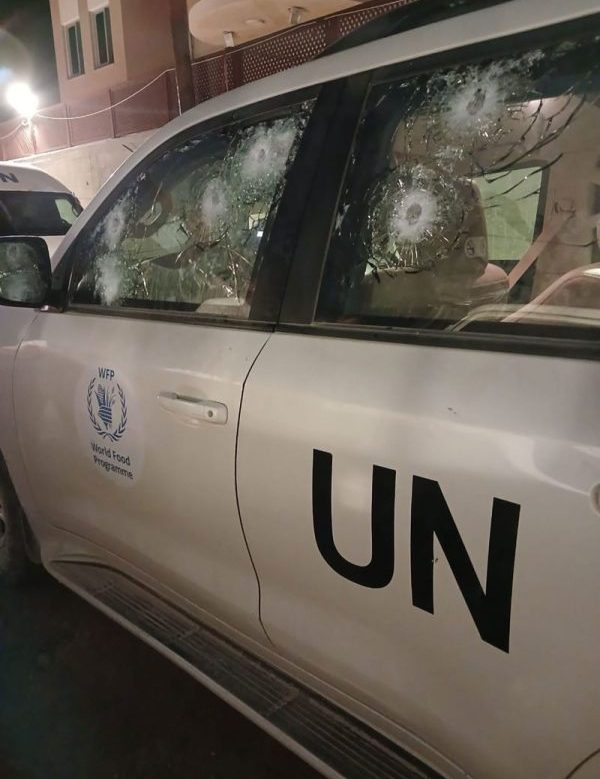
Gaza Aid Mission at Standstill: World Food Program Faces Gunfire Threats
The recent suspension of the World Food Programme’s operations in Gaza due to the ongoing violence and insecurity in the region has once again highlighted the challenges faced by humanitarian organizations in conflict-affected areas. The decision to halt the movement of aid vehicles following repeated gunfire strikes on one of their convoys underscores the precarious environment in which humanitarian workers operate and the critical importance of ensuring their safety and security.
The World Food Programme plays a crucial role in providing food assistance to vulnerable populations in Gaza, where the humanitarian situation has been further exacerbated by the recent escalation of violence. The suspension of their operations not only disrupts the delivery of essential aid to those in need but also raises concerns about the safety of humanitarian workers and the ability of organizations to operate effectively in such volatile environments.
The repeated attacks on aid vehicles and personnel in Gaza are not only a violation of international humanitarian law but also hinder the delivery of essential assistance to those who need it the most. Humanitarian organizations must be able to operate safely and without fear of violence in order to fulfill their mandate of providing assistance to vulnerable populations and upholding the principles of humanity, impartiality, neutrality, and independence.
The suspension of the World Food Programme’s operations in Gaza serves as a stark reminder of the challenges faced by humanitarian organizations in conflict-affected areas and the need for all parties to respect the safety and security of aid workers. It also underscores the importance of addressing the root causes of conflict and insecurity in order to create an enabling environment for humanitarian assistance to reach those in need.
As the situation in Gaza continues to unfold, it is essential that all parties to the conflict respect the provisions of international humanitarian law and ensure the safety and security of humanitarian workers and aid convoys. The international community must also provide the necessary support and resources to humanitarian organizations operating in conflict zones to enable them to continue their life-saving work and help alleviate the suffering of vulnerable populations.
In conclusion, the suspension of the World Food Programme’s operations in Gaza serves as a wake-up call to the international community about the challenges faced by humanitarian organizations in conflict-affected areas. It is imperative that all parties to the conflict respect the safety and security of aid workers and allow for the unimpeded delivery of humanitarian assistance to those in need. Only through collective action and a commitment to upholding humanitarian principles can we hope to address the urgent needs of vulnerable populations and build a more peaceful and secure future for all.
